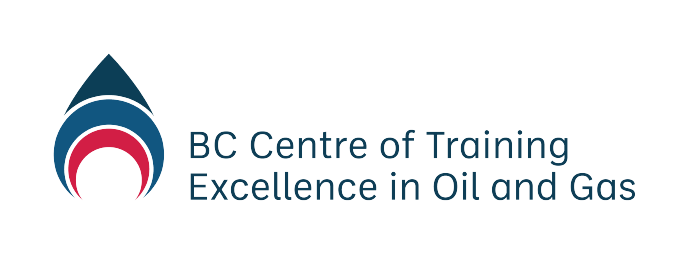-
Module 2.0 How to be Successful in this Course
-
Module 2.1 Introduction to Natural Gas
-
Module 2.2 The Natural Gas Industry in British Columbia
- Overview
- Learning Outcomes
- Natural Gas Science – The Simple Version
- Natural Gas Science – Chemistry
- Natural Gas Science – Physics
- Natural Gas Science – Units of Measurement
- Natural Gas Science – Geology
- Natural Gas Resources and Uses
- Oversight of the Natural Gas Industry
- Understanding Land Rights and Natural Gas
- Energy and the Future
-
Module 2.3 Upstream – Well Site Selection, Preparation and Drilling, Completion, Production, Water Recycling, and Reclamation
- Learning Outcomes
- The Upstream Sector – Extraction and Processing
- The Upstream Sector – Exploration and Site Selection
- The Upstream Sector – Preparation and Drilling
- The Upstream Sector – Completion
- The Upstream Sector – Production
- The Upstream Sector – Water Recycling
- The Upstream Sector – Reclamation
- Upstream Companies and Jobs in British Columbia – Companies
- Upstream Companies and Jobs in British Columbia – Industry Associations
- Upstream Companies and Jobs in British Columbia – Professional Associations
- New Vocabulary
-
Module 2.4 Midstream – Transportation, Processing, Refining
- Learning Outcomes
- The Midstream Sector
- The Midstream Sector – Processing Natural Gas
- The Midstream Sector – Liquefied Natural Gas
- The Midstream Sector – An Emerging Industry
- The Midstream Sector – Processing LNG
- The Midstream Sector – Proposed LNG Projects in British Columbia
- Transportation
- Midstream Companies and Jobs in British Columbia
-
Module 2.5 Downstream – Refining and Markets
-
Module 2.6 Health and Wellness in the Natural Gas Industry
-
Module 2.7 Safety
-
Module 2.8 Terminology and Communication
-
Module 2.9 Jobs and Careers
- Learning Outcomes
- Industry Outlook
- Technology is Changing Workforce and Skills
- Employment in the Natural Gas Industry
- Employment in the Natural Gas Industry – Types of Employment
- Employment in the Natural Gas Industry – Range of Jobs
- Employment in the Natural Gas Industry – High Demand Jobs and Occupations
- Occupational Education and Training
-
Module 3.0 How to be a Valued Employee
-
Module 3.1 Identifying Interests and Skills
-
Module 3.2 Looking for Employment in Natural Gas
-
Module 3.3 Applying for Employment in Natural Gas
A respectful workplace includes all workers avoiding all forms of harassment and discrimination. Employers in today’s natural gas industry will not tolerate any action, conduct or behaviour which is humiliating, intimidating or hostile. Always treat others with respect and avoid situations that are or may be perceived as inappropriate. Feedback, criticism and challenge must always be delivered in an appropriate and respectful manner. In particular, be aware of cultural sensitivities – what is acceptable in one culture may not be in another. It is important to be aware of and understand these differences.
Your responsibilities to minimize workplace harassment include the following as a minimum:
- Treat others with respect, always.
- Do not physically or verbally intimidate or humiliate others.
- Do not make inappropriate jokes or comments.
- Do not display offensive or disrespectful material.
- Challenge someone if you find their behaviour hostile, intimidating, humiliating or disrespectful.
A disrespectful workplace makes others uncomfortable with the workplace environment and won’t always be visible. For example, an ethnic joke may make everyone laugh, including the person whose ethnic background is being joked about—but inside the individual may not feel the same way as they appear as they could be simply be trying to fit it in. In summary, a respectful workplace improves everyone’s health and wellness.
